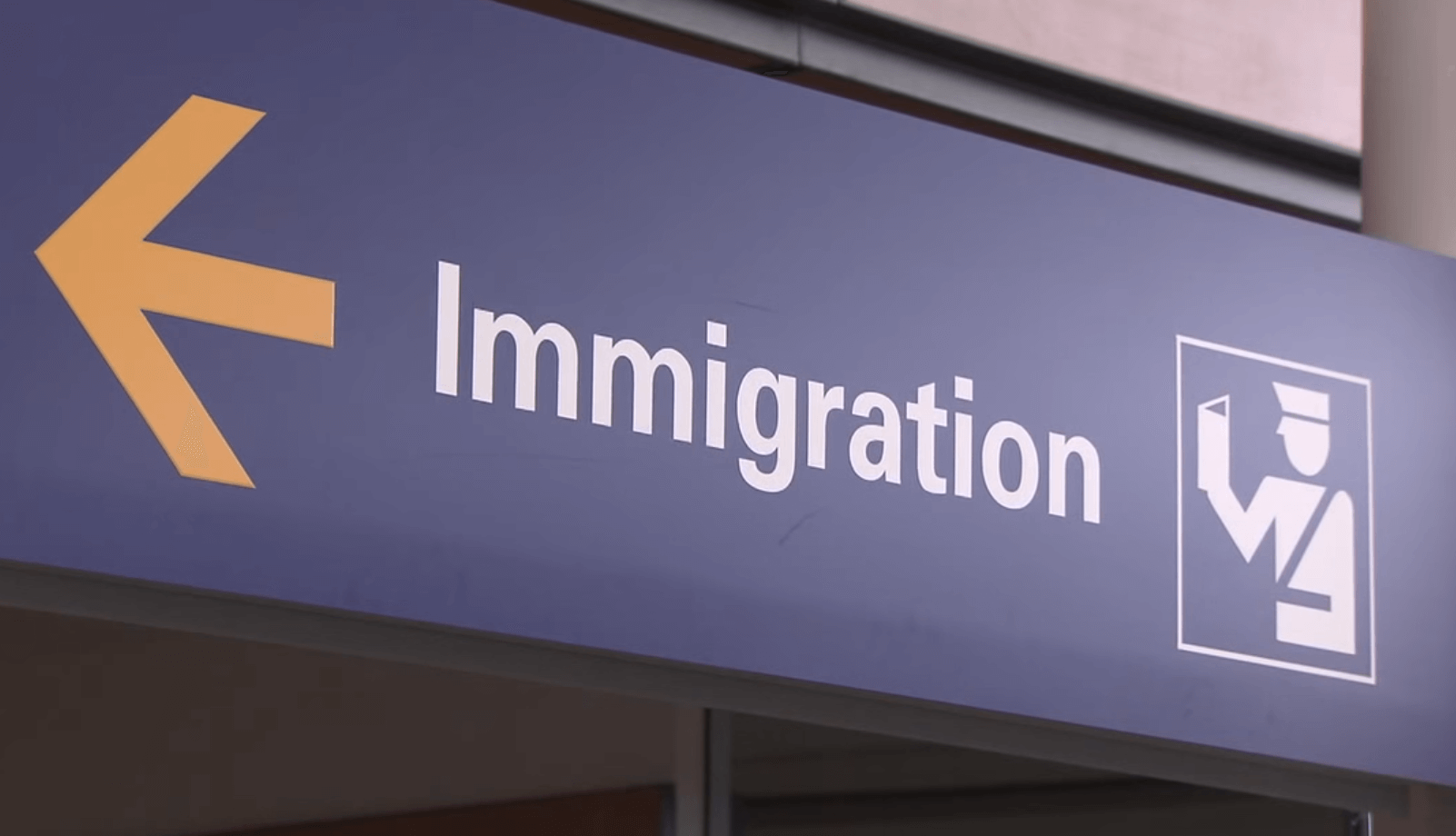reading time : 3 Minutes
In light of recent data from the 2021 census, is it time for the federal government to adopt a francophone immigration program separate from general immigration? Experts in la Francophonie, francophone organizations and the economic community want this and are calling for a reorganization in Immigration, Refugees and Citizenship Canada (IRCC).
Last week, Immigration Minister Sean Fraser released his government’s plan to increase French-speaking immigration into the country and reach the unprecedented target of 4.4%. The latter proposes making Express Entry more flexible by expanding the pool of available French-speaking candidates as well as reviewing the current process for French-speaking newcomers.
But for Francophone economic players, creating a separate Francophone immigration program that is not “mixed” would be the best solution.
“We need a program that is able to reach this goal and that there are specific measures for employment in French-speaking countries where there is a skilled workforce ready to work in Canada. In the various categories of jobs that need a workforce,” suggests Roukya Abdi-Aden, Director of RDÉE Canada. , a national organization representing the Francophone economic community outside Quebec.
The organization that wants to be the economic arm of the Canadian francophone is holding a summit on the francophone economy on Wednesday and Thursday, after two years marked by the pandemic. Ottawa’s continued failure with regard to Francophone immigration and data from the last census highlight the need for rapid solutions to the shortage of Francophone and bilingual workers outside Quebec.
“We are at a tipping point where it is important that we do things differently. We have been trying to achieve the goal for 20 years and we still haven’t achieved it. We have a very favorable position for international recruitment. We have labor needs and the unemployment rate is low… We need a different program that allows us to find those skilled workers,” says Ms. Abdi Aden.
Failure to reach the target constitutes a 20-year shortage for nearly 120,000 French-speaking immigrants, according to a study by the Office of the Commissioner for Official Languages.
Economically speaking, Ruqayya Abdi Aden remembers the impact of this shortage significantly.
According to RDÉE Canada, in the field of early childhood it is indicated that approximately 2,450 jobs will be vacant in the coming years in Francophone minority communities in Canada. In tourism, it is estimated that 93,000 jobs will be vacant by 2035. In Francophone minorities: 178,000 new jobs will be available between 2019 and 2018 for nurse aides, nurses, and nurses and 191,000 registered psychiatric nurses for the same period according to RDÉE Canada estimates.
Simplify the process, experts have argued
Establishing a Francophone immigration policy or program is a good idea, says Professor Louisa Veronese, Research Chair on French-Ontario Immigration and Communities at the University of Ottawa. According to her, “migration in general is very complex” and the process should be simplified.
There are a huge number of categories and immigration methods: there are provincial candidates, temporary programs, international students, family reunification, refugees, etc. And that’s the tip of the iceberg, so it’s very complex and overburdens the machine, so if we do a program, we can simplify,” you think.
Such novelty in particular could allow French-speaking immigrants to have advantages, over English-speakers, in terms of speed, Ms Verones suggests, giving the example of temporary workers and international students already in the country.
We must facilitate obtaining permanent residence. Facilitating and accelerating the attraction can carry enormous weight and then it can be easy to hold, as they already have a stable position. It indicates that the sooner they are offered a term of office, the longer they will be retained.

That’s also the view of Linda Cardinal, a language policy expert at the University of Ottawa. In particular, it is suggested that such a program could include pilot projects in French-speaking regions of the country such as Sudbury, Ottawa or Saint-Boniface.
“So pan-Canada targets with very ambitious targets for certain regions while keeping track of what works and what doesn’t… that would make it possible to manage programs from a perspective by and for francophones… there, what we have, these are programs To emigrate where we scatter Francophonie,” said the chair of the Research on Francophonie in the Senate Committee on Bill C-13.
The economic environment is not alone in demand. The Federation of Francophone and Acadian Communities of Canada (FCFA) also hopes that IRCC will offer such distinctions to newcomers. The FCFA made this request along with others such as increasing the target to 12% in 2024.

“Subtly charming problem solver. Extreme tv enthusiast. Web scholar. Evil beer expert. Music nerd. Food junkie.”


